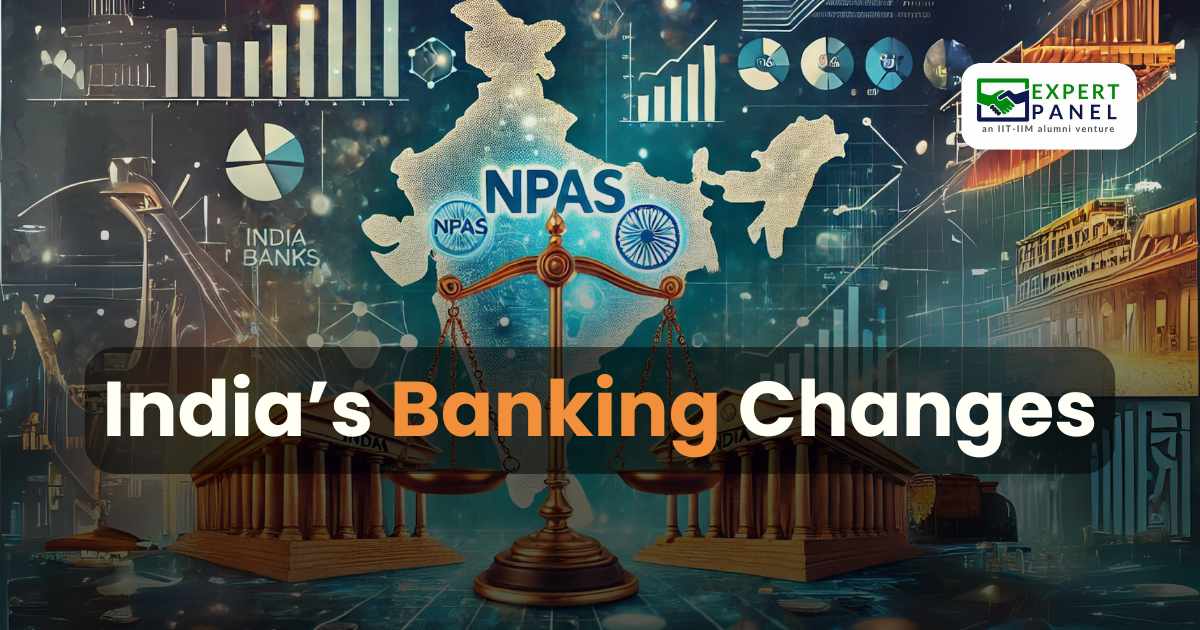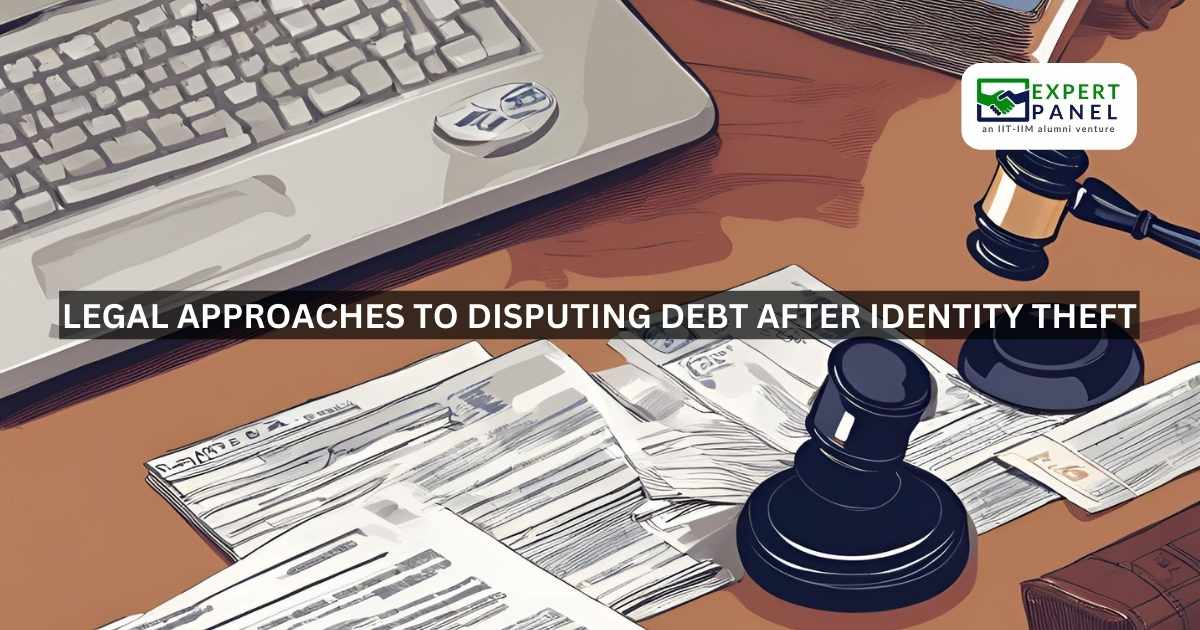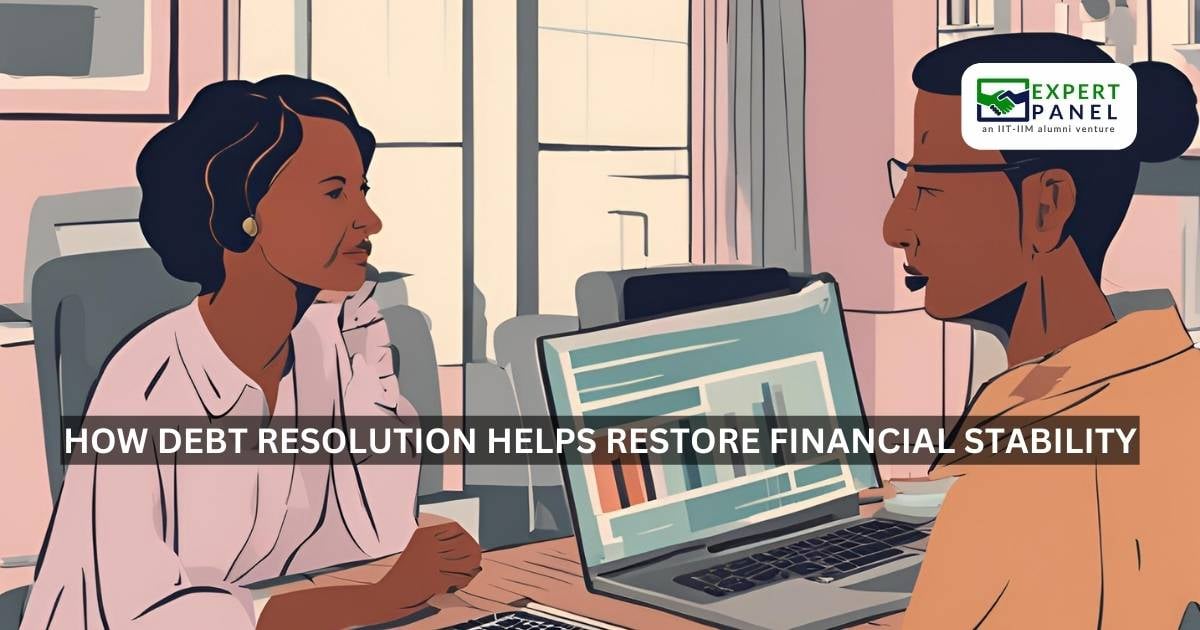
NPAS AND BANK MERGERS: HOW ARE THEY CHANGING INDIA'S BANKING WORLD?
India's banking sector is evolving with rising NPAs and bank mergers. These changes impact loans, services, and interest rates, making it vital to understand and adapt to the shifting financial landscape.

 WHAT DOES IT TAKE TO BECOME MONEY-SMART IN TODAY'S WORLD_.BJxUi5Ro.jpg)



.D3EUv4RE.jpg)